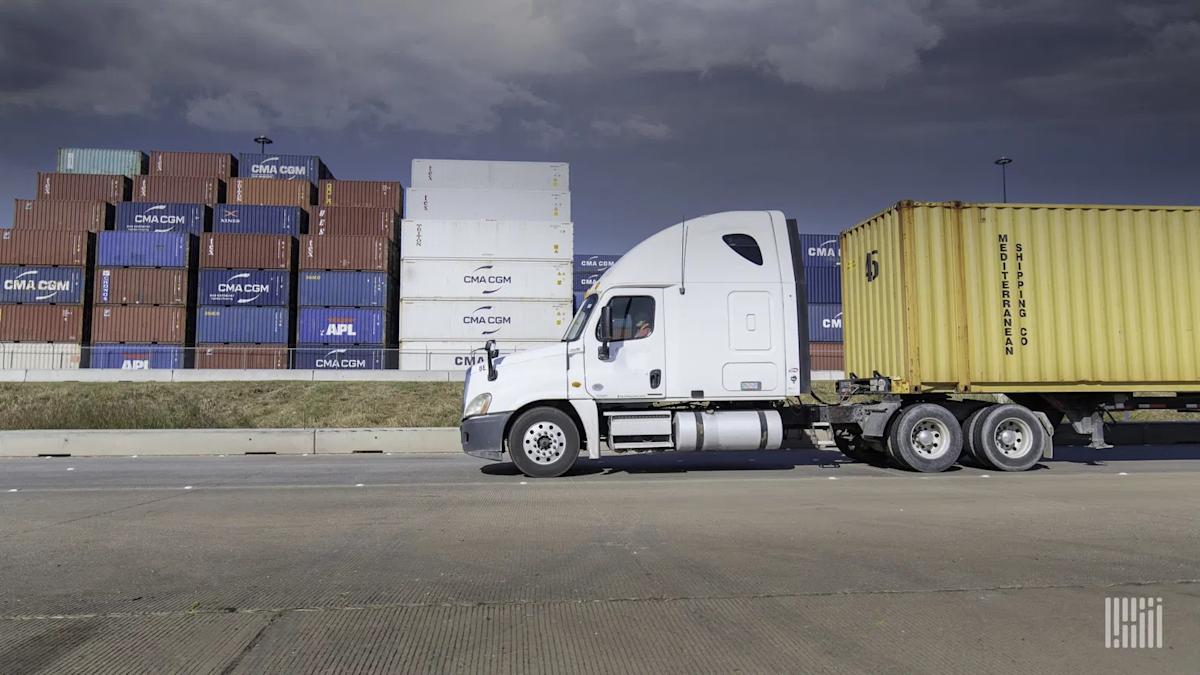Technology manufacturing giant Foxconn plans to develop technology parks in the U.S. and Mexico, aiming to help Taiwanese companies circumvent a newly imposed 20% tariff on imports from Taiwan, Chairman Liu Young-way announced Monday.
“If customers are truly facing significant tariff pressure, we could offer a solution: using our own U.S. factories to supply them,” Liu said according to FTV News.
The statement follows the Trump administration’s July 31 announcement that goods imported from Taiwan would be subject to a 20% tariff, effective Aug. 7. The policy is part of a broader trade strategy targeting more than 90 U.S. trading partners.
The White House has stated that the latest round of tariffs is intended, in part, to encourage domestic manufacturing and job creation.
Foxconn’s expansion strategy is intended to give Taiwanese manufacturers an alternative to shipping goods directly to the U.S., reducing exposure to tariff-related costs. The company’s proposed technology parks will prioritize development in Texas, with future projects under consideration in Mexico and other developing nations.
Industry experts say the tariff developments are prompting many global firms to reassess their supply chain strategies.
Michelle Comerford, industrial and supply chain practice leader at Biggins Lacy Shapiro & Co., said the tariffs have intensified existing uncertainty in international manufacturing.
“The tariff topic has already created a lot of uncertainty for companies with global supply chains for the past seven months, and will continue to do so as not all countries have reached new agreements with the U.S.,” Comerford said in a statement.
“For U.S. manufacturers with domestic supply chains, this could create a competitive advantage — but for those reliant on imports, it adds cost pressures and more risks of disruption. We expect many firms will revisit sourcing strategies and accelerate plans for regionalized manufacturing footprints as a result.”
Based in Princeton, New Jersey, Biggins Lacy Shapiro & Co. is one of the nation’s largest independent site selection and economic development consulting firms.
Comerford noted that while tariffs may incentivize domestic manufacturing, companies must first undertake comprehensive planning.
“The very first, and arguably most important step when a company decides to consider a U.S. manufacturing facility is to spend time defining the operational requirements of the proposed new facility,” Comerford told FreightWaves in an interview. “It’s really important to understand what you want this facility to do in order to evaluate locations appropriately.”
Story Continues
Liu, who also chairs the 3,000-member Taiwan Electrical and Electronic Manufacturers’ Association, said the tariff policy could accelerate Taiwanese investment in U.S.-based production facilities.
In June, Foxconn acquired the Fairbanks Logistics Park, a 100-acre industrial site in northwest Houston. The site, which includes four buildings totaling 1 million square feet of industrial space, was purchased from Dallas-based Dalfen Industrial.
According to the Greater Houston Partnership, Foxconn is investing $450 million into the property to develop an AI server manufacturing facility. The project is expected to create 600 direct jobs and generate an estimated economic impact of $920 million.
“Foxconn Corp. is based in Taiwan and manufactures electronics for companies such as Apple,” the Greater Houston Partnership stated in its Q1 2025 New Business Announcements report. “They are expanding production lines in North Houston to build an AI server.”
Foxconn has not issued a public statement regarding the Houston facility.
More foreign companies have been looking at sites in the U.S. for manufacturing locations or sites for foreign direct investment, she said.
“We’re seeing interest from European countries, for sure, and Australia, we’ve seen a lot of activity from them, and some from South America as well,” Comerford said. “Again, if it makes sense, if they already have an established market here, especially if they can make a case for it. Starting up right now without customers here would be difficult.”
Comerford, who was recently elected as the new chair of the Site Selectors Guild, said companies that diversified sourcing post-COVID are better positioned for today’s tariff threats.
The guild is a global association of business location strategy and site selection professionals.
“It’s not that … [companies] are entirely leaving Asia or leaving Europe, they’re just going to a regional production model as opposed to a centralized model,” Comerford said. “We’re seeing that activity in the marketplace, for sure, for the past few years and it continues to be strong. And so the tariffs are just another notch in that pendulum for some companies where they’re already thinking about it … the COVID disruptions were an issue, and now the tariffs.”
The post As US imposes tariffs, Foxconn counters with regional realignment appeared first on FreightWaves.
